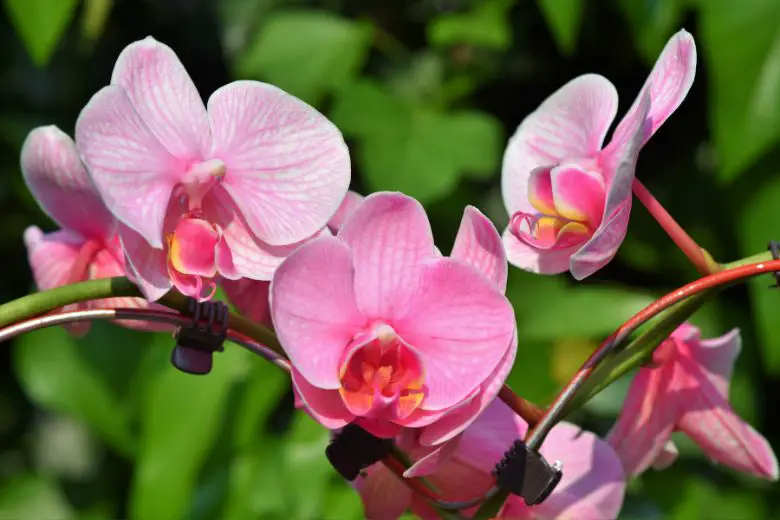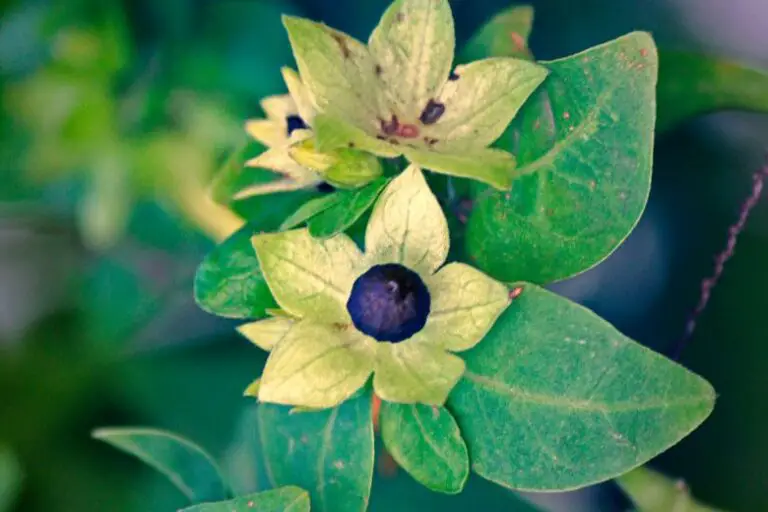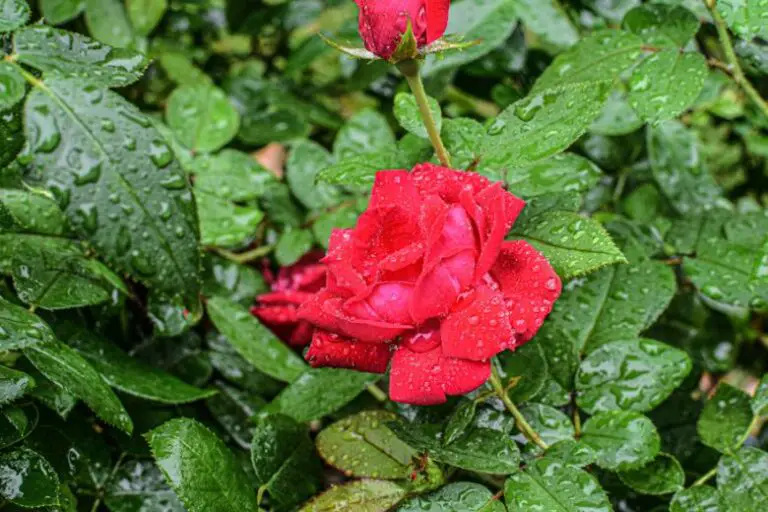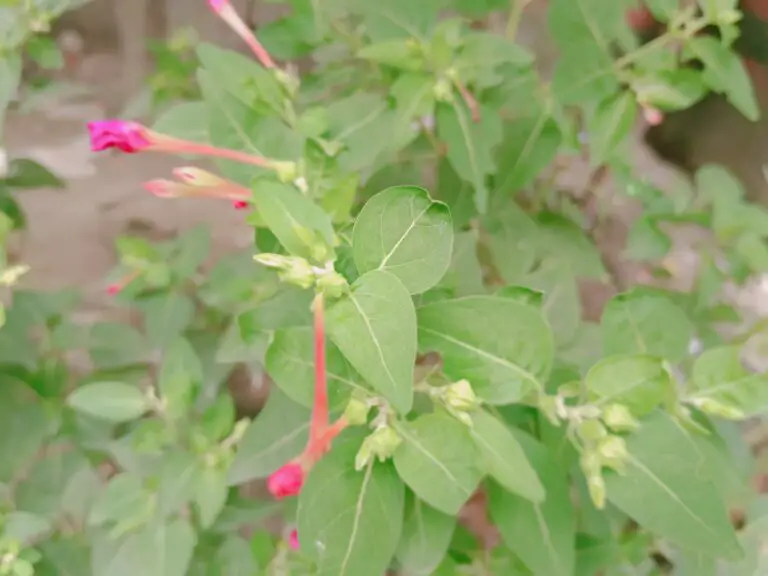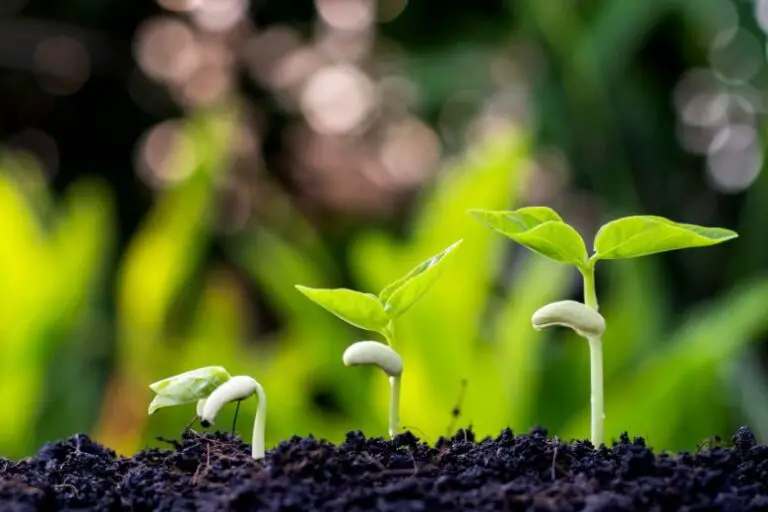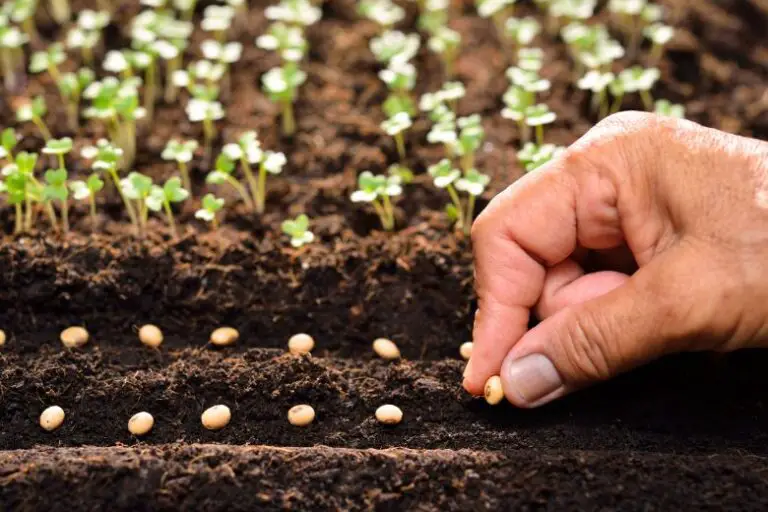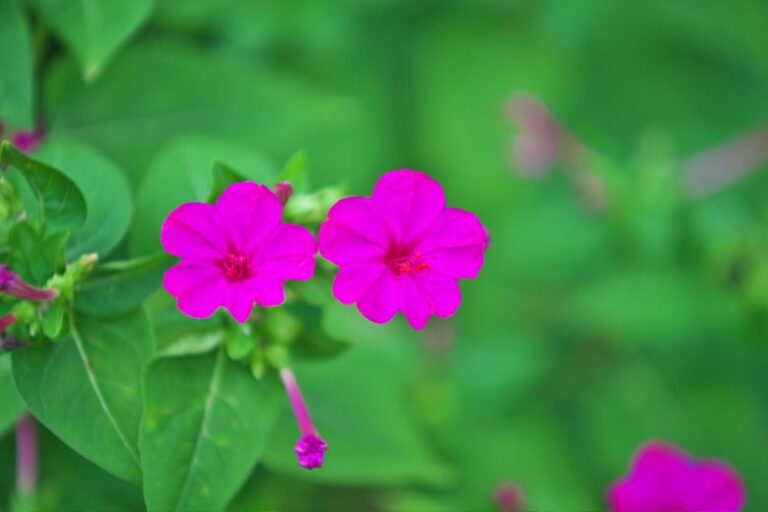what plants can i feed with orchid food
Orchids are mesmerizing and delicate flowers that captivate the attention of many gardening enthusiasts. To nurture these stunning beauties, it is essential to provide them with the right nutrition, and that’s where orchid food comes into play.
Orchid food, also known as orchid fertilizer, is specially formulated to cater to the unique nutritional requirements of these elegant plants, ensuring they thrive and display breathtaking blooms.
Understanding Orchids
Before we dive into the world of orchid food, let’s take a moment to understand the basics of these extraordinary plants. Orchids belong to the Orchidaceae family, which comprises thousands of different species, each with its own distinct characteristics. These plants go through various growth stages, from seedlings to mature plants, and understanding their growth cycle is crucial for providing appropriate nourishment.
Nutritional Requirements of Orchids
Just like any other living organism, orchids require specific nutrients to grow and flourish. These nutrients can be broadly categorized into macronutrients and micronutrients. The macronutrients include nitrogen, phosphorus, and potassium, while the micronutrients consist of iron, magnesium, calcium, and others. A deficiency in any of these essential elements can lead to various issues in orchid health.
Benefits of Using Orchid Food
Feeding your orchids with the right food offers a multitude of benefits. Firstly, it promotes abundant and vibrant flowering, turning your orchids into a spectacle of colors. Additionally, proper nutrition enhances root development, making the plants more resilient to external stressors and diseases.
Different Types of Orchid Food
Orchid food is available in various formulations, and each type has its advantages. Liquid orchid food provides fast nutrient absorption, while solid fertilizers release nutrients gradually. Gardeners also face the choice between organic and synthetic options, each with its own set of pros and cons.
How to Apply Orchid Food
Applying orchid food correctly is vital to avoid overfeeding or underfeeding. The frequency and dosage instructions differ based on the type of fertilizer used and the specific orchid species. Adhering to best practices ensures the optimal uptake of nutrients by the plants.
Orchid Food for Specific Orchid Types
Different orchid types have unique nutritional requirements. For example, Phalaenopsis orchids have different needs compared to Cattleya, Dendrobium, or Vanda orchids. Tailoring the feeding routine to suit the specific orchid type results in healthier and more robust plants.
Common Mistakes to Avoid
While feeding your orchids, there are some common pitfalls to steer clear of. Overfeeding can lead to nutrient toxicity, while underfeeding deprives the plants of essential elements. Furthermore, using inappropriate fertilizers can harm the orchids and hinder their growth.
DIY Orchid Food Recipes
If you prefer a more hands-on approach, you can create your own orchid food using natural ingredients. However, it is essential to follow reliable recipes and take necessary precautions to avoid any adverse effects on your plants.
Troubleshooting Orchid Nutrient Issues
Orchids can communicate their nutrient needs through visible signs. Leaf yellowing may indicate certain deficiencies, while poor flowering can be a result of inadequate nourishment. Understanding these signs helps you address any nutritional issues promptly.
Orchid Food for Indoor and Outdoor Orchids
Feeding practices may vary for indoor and outdoor orchids. Adapting the feeding methods according to the environment ensures that the plants receive the right nutrients at the right time.
Understanding Orchid Growth Mediums
The choice of orchid growth medium can influence nutrient absorption. Knowing how different mediums interact with orchid food can help you optimize their nutrition uptake.
Seasonal Considerations for Feeding Orchids
As the seasons change, so do the nutritional needs of orchids. Adapting the feeding routine based on seasonal variations ensures that the plants get the appropriate nutrients for their current growth stage.
Best Practices for Overall Orchid Care
In addition to feeding, other aspects of orchid care are equally vital. Proper watering techniques and providing the right amount of light contribute to overall plant health.
Orchid Repotting and Feeding
Repotting orchids presents an opportunity to refresh their nutrient supply. Understanding when and how to repot while also providing adequate nourishment is crucial for successful plant development.
Orchid Food Myths Debunked
There are numerous myths surrounding orchid food and fertilization. Debunking these myths with scientific evidence helps you make well-informed decisions for your orchids’ health.
Sustainable Orchid Feeding
In today’s environmentally conscious world, sustainable options for orchid feeding are gaining popularity. These eco-friendly alternatives contribute to reducing the ecological footprint of gardening practices.
Orchid Food Brands and Reviews
The market offers a plethora of orchid food products. We’ll review some of the top-rated brands to help you make the best choice for your orchids.
Understanding NPK Ratio for Orchids
The NPK ratio on orchid food labels indicates the percentage of nitrogen, phosphorus, and potassium in the fertilizer. Understanding this ratio empowers you to select the right formulation for your plants’ needs.
Precautions and Safety Measures
While feeding your orchids, safety should always be a priority. Some fertilizers can be toxic, so proper storage, handling, and usage are essential to ensure the well-being of both your plants and yourself.
conclusion
feeding your orchids with the right food is a crucial aspect of their care. Understanding their specific nutritional requirements, choosing the appropriate orchid food, and applying it correctly contribute to the plants’ overall health, growth, and stunning floral displays. By incorporating sustainable practices and adhering to the best feeding routines, you can ensure the long-term well-being of your precious orchids. So, go ahead and give your orchids the nourishment they deserve to thrive and enchant with their captivating beauty.

